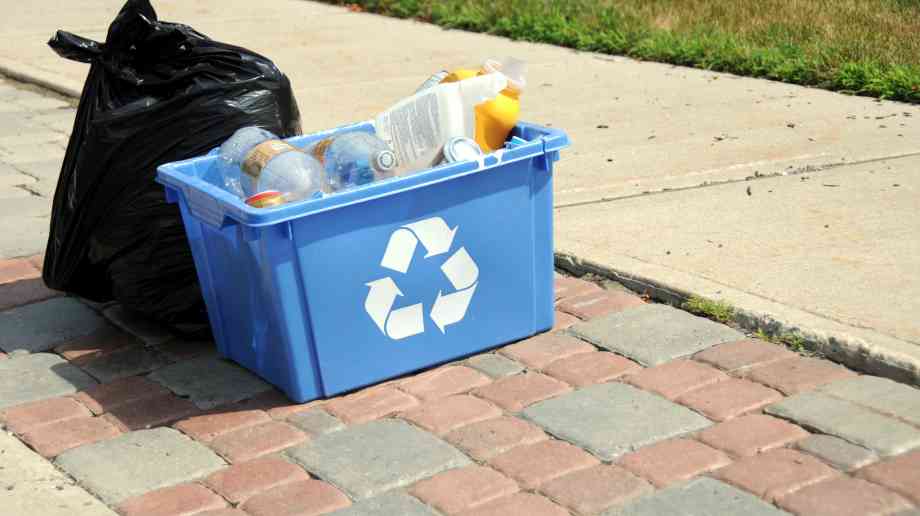Sue Robb of 4Children talks to Julie Laughton and Alison Britton from the Department for Education about the role of childminders in delivering the 30 hours free entitlement.
‘Mixed picture’ of WRAP consistency work

Work undertaken by the Waste and Resources Action Plan (WRAP) into the business case for greater consistency has shown a ‘mixed picture’ in regards to the strengths of implementing the framework.
A summary of local authority business cases was recently published by the company as part of the organisation’s work on consistency in household recycling collections.
WRAP supported seven groups of local authorities, covering 49 individual authorities, to evaluate the local business case for adopting the consistency framework.
According to WRAP, the review presents a ‘mixed picture’ across the projects with respect to the overall strength of the business case to make major changes to services in line with the framework.
The three systems defined within the framework include a weekly collection of food waste, as well as the collection of a common set of dry recyclables. These include commingled and food, two-stream and food, and multi-stream and food.
According to WRAP, the review aimed to determine through modelling whether the framework systems are capable of delivering cost and performance benefits locally that are consistent with those identified at a national level.
The review found that a commingled system for collecting recycling had a higher cost to local authorities in comparison to multi and single-stream, and that for 64 per cent of local authorities involved in the projects, commingled had the highest cost, in comparison to the other models.
The baseline (current) arrangements were seen to represent the least cost option in just over half of the results because the majority do not include a separate food waste collection service, WRAP said.
In regards to recycling, WRAP found that overall there was little difference between the three systems in terms of the average recycling rates achieved.
However, where the three framework systems were modelled, collection of the common set of dry recyclable materials and separate weekly food waste was seen to add on approximately four percentage points to the modelled recycling performance. For the pilots this resulted in an increase in the average recycling performance from 42 per cent to 46 per cent.
According to WRAP, the project results demonstrate that a number of partnership areas have the potential to deliver services in line with the framework and maintain or improve recycling rates at no additional cost.
However, for others, WRAP found that introducing a separate food waste collection service where one is not already operating can represent an additional cost.
Linda Crichton, head of resources at WRAP, said: “The key challenge is in adding a separate food waste collection cost effectively. Less than 15 per cent of the ‘pilot’ authorities already had a food waste service, but for 80 per cent of those, savings could be achieved through moving to one of the optimised framework systems.
“However, for the 80 per cent or so of the ‘pilot’ authorities currently with no weekly food waste collection and operating a fortnightly residual collection, here the opportunities for further savings or ability to add food waste at no additional cost were limited.”
Company Focus
Just Lanyards is a subsidiary name of Gifts 2 Impress Limited, who have been trading for over 25 years, we therefore pride ourselves in having endless experience covering all aspects of the promotional merchandise industry.
Event Diary
UKREiiF has quickly become a must-attend in the industry calendar for Government departments and local authorities.
The multi-award-winning UK Construction Week (UKCW), is the UK’s biggest trade event for the built environment that connects the whole supply chain to be the catalyst for growth and positive change in the industry.
Supplier Profiles
Geo Energy
At GeoEnergy Design, we're on a mission to disrupt the traditional way heating and cooling ha
Latest Features
Professor Harith Alani, director of the Knowledge Management Institute at the Open University explains how AI can be used for good and bad.
Alex Lawrence, head of health & social care, techUK sets out techUK’s Five Point Plan for CareTech.

















